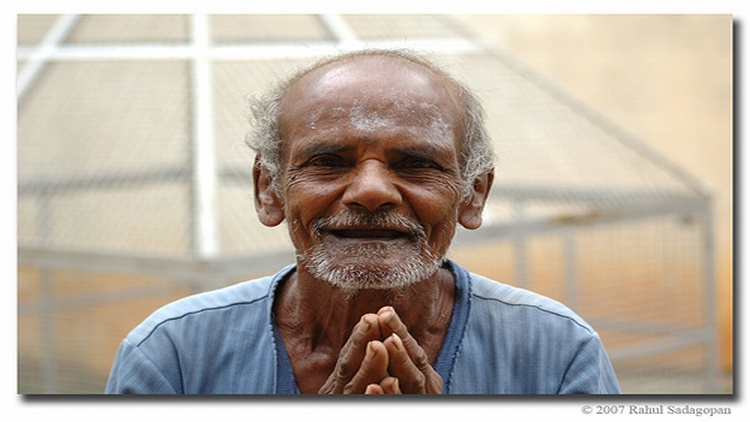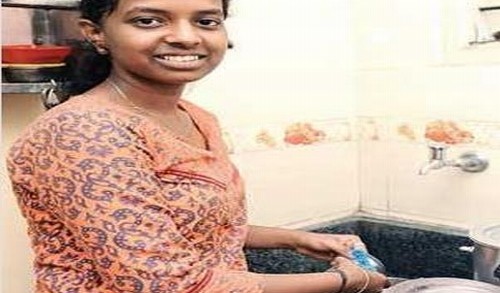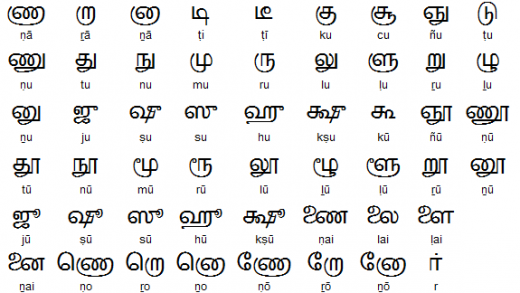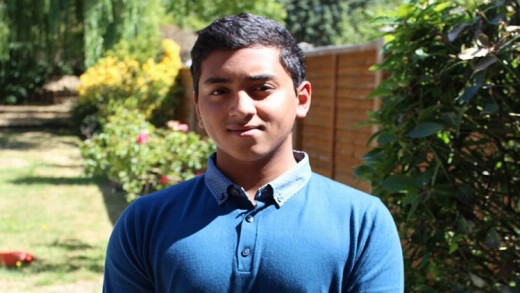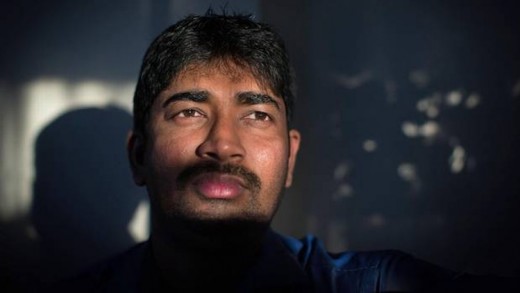IN TAMIL, it is known as thalaikoothal. A leisurely oil bath. An exercise in love and health when given to newborn children, a ceremonial beginning to festivals, and the universal answer to pitiless summers. In Tamil Nadu’s small industry hub of Virudhunagar, however, it is the beginning of slow murder. The marker of the devastating poverty that makes a son kill his own aging mother.
Young family members of this district in southern Tamil Nadu have been pushing their infirm, elderly dependents to death because they cannot afford to take care of them. When 65-year-old Maariyamma suspected this might happen to her too, she moved out of her son’s house two years ago. “I’m not well enough to live on my own, but it is better than being killed by them,” she says. Amazingly, there is no bitterness in her voice. Or anger. “They’re struggling hard to take care of their own children,” says Maariyamma, of her sons. She places no blame. Her two sons and two daughters are farm labourers who travel to different villages every sowing and harvesting season. Seeing her children at pains to run their house, and feed and educate her grandchildren, Maariyamma knew she was a burden. She knew how it would end if she didn’t leave.
Maariyamma had seen it happen to other men and women of her age. Her neighbour, Parvathy, had been paralysed at the age of 76. “She had only one son,” says Maariyamma. “And he was working in Chennai, surviving on some menial job there. How could he afford to look after his bedridden mother?” One day, Maariyamma says, Parvathy’s son came, “did it” and went back to Chennai. “What else could he do?” she asks. Again, in place of anger or fear, there is helpless resignation. And a strange empathy for the person who might elaborately plan her murder
Thalaikoothal works thus: an extensive oil bath is given to an elderly person before the crack of dawn. The rest of the day, he or she is given several glasses of cold tender coconut water. Ironically, this is everything a mother would’ve told her child not do while taking an oil bath. “Tender coconut water taken in excess causes renal failure,” says Dr Ashok Kumar, a practicing physician in Madurai. By evening, the body temperature falls sharply. In a day or two, the old man or woman dies of high fever. This method is fail-proof “because the elderly often do not have the immunity to survive the sudden fever,” says Dr Kumar.
OVER THE years, other methods have evolved too. The most painful one is when mud dissolved in water is forced down; it causes indigestion and an undignified death. Velayudham of Help age India says the families often take the mud from their own land, if they have any. “It is believed that this makes their souls happy,” he says.
Dorairaj, a farmer in Satur, confesses that Muniammal, a distant relative, had been killed four months earlier. She was 78, and too weak to fend for herself. She was given an oil bath, but somehow survived. After a few days, she was given the ‘milk treatment’. “When the milk is being poured, the nose is held tight,” says Dorairaj. This ‘milk treatment’ is often preceded by starvation. The household stops serving the parent solid food. “When milk is poured uninterruptedly into the mouth, it goes into the respiratory track. A starving person cannot withstand even a moment’s suffocation,” says 60-year-old Paul Raj, coordinator of a district elders’ welfare association.
For those who choose poisoning as their modus operandi, Ganeshan is the man to call. This middle-aged man lives in Paramakkudy village, and introduces himself as a ‘medical practitioner’. In reality, he is Doctor Death. Ganeshan sources and administers lethal injections on demand. According to him, it is simply a service. “I am not killing anybody who may have a longer life. It is done only in the last and final stage of one’s life. Why should they suffer in poverty?” he justifies. Ganeshan defends his ‘profession’ but says he’d rather have some other means of livelihood. Azhagappan, a small shop owner, revealed that Ganeshan is not even a trained nurse. “He had worked in a hospital as the lowest grade attendant for a few months. That’s where he learned to give injections.” Azhagappan estimates that Ganeshan charges Rs. 300 to Rs. 3,000. Ganeshan refuses to disclose the chemical combination of his poison.
Though everyone seems to be in the know, thalaikoothal officially remained unexposed until the death of 60-year-old Selvaraj, of Ramasamipuram village in Virudhunagar on 18 June this year. Selvaraj, who was bed-ridden due to an accident, died suddenly. Asokan, Selvaraj’s nephew in Virudhunagar, raised the alarm on his uncle’s death. He registered an FIR, and subsequently a woman named Zeenath was arrested for administering a poisonous injection. Prabhakar, the Virudhunagar Commissioner of Police, admits that it is hard to find any evidence. “The body was cremated and there is no scope for a re-examination of the corpse,” he says.
Zeenath has been released on bail and refused to talk to TEHELKA when we met her in her village, Ramasamipuram. Some villagers claimed that Zeenath was a ‘professional mercy killer’.
A few days after Selvaraj’s death came to light, a newspaper published a report exposing more mysterious deaths in the district. When the district administration of Virudhunagar learnt how widespread the mercy killing was, it ordered an investigation. “It was shocking for all of us,” says V K Shanmugham, district collector in Virudhunagar. He soon realised that conventional state responses like arrests, warnings and interrogations would not even scratch the surface.
Thalaikoothal lay in the indefinable space between crime and desperate acts of poverty. It was social custom, a collective family decision, a ritual goodbye to a loved one who had lived a full life. Sometimes, it was the victim’s own idea. Shanmugham found that many called it a path to “eternal peace”, an escape from the violence of poverty. “It is difficult to view this simply in a legal or criminal framework,” he adds.

 Tamil Culture
Tamil Culture